The Electronics Scrap Recycling Advancement Prize (E-SCRAP) will award up to $4 million to competitors to substantially increase the production and use of critical materials recovered from electronic scrap—or e-scrap.
Office of Energy Efficiency & Renewable Energy
March 5, 2024The U.S. Department of Energy (DOE) today launched the Electronics Scrap Recycling Advancement Prize (E-SCRAP), which will award up to $4 million to competitors to substantially increase the production and use of critical materials recovered from electronic scrap—or e-scrap.
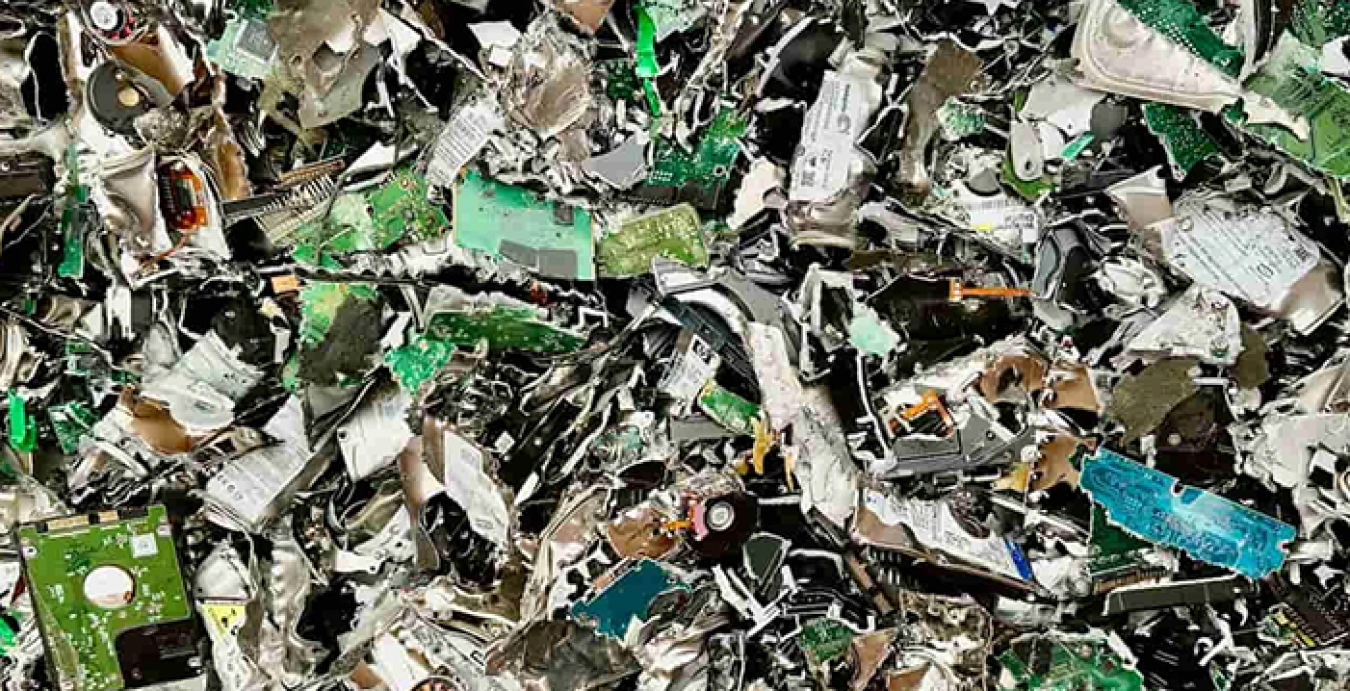
E-scrap—which includes mobile phones, home appliances, medical or office equipment, and anything else powered by electricity—represents the fastest growing waste stream globally, with e-scrap generation expected to double 2014 levels by 2030. Only 17.4% of e-scrap was collected and recycled globally in 2019, discarding 83% of e-waste and $57 billion in raw material value. However, e-scrap recovery faces numerous roadblocks, including a fragmented recycling value chain, a complex and dynamic feedstock, and a rapidly evolving end-use market.
“This prize addresses the urgent need to reduce the amount of critical mineral waste that goes unrecycled in the technologies we use every day,” said Jeff Marootian, Principal Deputy Assistant Secretary for Energy Efficiency and Renewable Energy. “We’re excited to see how ideas and solutions spurred by the competition can transform this huge environmental loss into new opportunities to recover and recycle critical materials from devices that are discarded after use.”
Today’s announcement marks the opening of the first of three phases in E-SCRAP. The cash prizes and assistance awarded in Phases 1 and 2 are intended to support teams as they advance in the competition.
- Phase 1: Incubate – During this phase, competitors will propose solutions that have the potential to substantially increase the amount of recovered critical materials from electronic waste and used in U.S. manufacturing.
- Phase 2: Prototype – In phase two, competitors will prototype their innovation and begin collecting and/or generating data that can be used to optimize technoeconomic strategy and life cycle impacts between partners along the recycling value chain.
- Phase 3: Demonstrate – In the final phase of this prize, competitors will begin implementing their innovations and propose their plans to scale their solution.
Find out more information about this prize opportunity including the deadline and how to apply.
Applications for phase one of this prize are due on September 4, 2024, at 5 p.m. EST. DOE anticipates selecting up to 10 winning projects in the first phase, with each award consisting of a $50,000 in cash and up to $30,000 in national laboratory analysis support.
Two informational webinars for potential applicants to this prize will be held on March 27, 2024, and on June 18, 2024.
E-SCRAP is led by DOE’s Office of Energy Efficiency and Renewable Energy’s Advanced Materials and Manufacturing Technologies Office (AMMTO) and managed by the National Renewable Energy Laboratory (NREL). Visit the E-SCRAP page on the American-Made Challenges website for more information.
News About EERE Prizes and Competitions
-
 Ten teams receive a collective $1.5 million and Phase 3 opens to returning competitors.
Ten teams receive a collective $1.5 million and Phase 3 opens to returning competitors. -
 Six teams were selected for creating cost-effective recycling technologies that will increase the sustainability of U.S. wind energy systems.
Six teams were selected for creating cost-effective recycling technologies that will increase the sustainability of U.S. wind energy systems. -
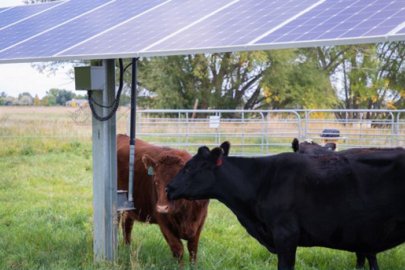 Six projects funded by the Inflation Reduction Act will help improve planning, siting, and permitting for large-scale renewable energy and storage. DOE also launched a prize to advance the co-location of solar energy production and cattle grazing.
Six projects funded by the Inflation Reduction Act will help improve planning, siting, and permitting for large-scale renewable energy and storage. DOE also launched a prize to advance the co-location of solar energy production and cattle grazing. -
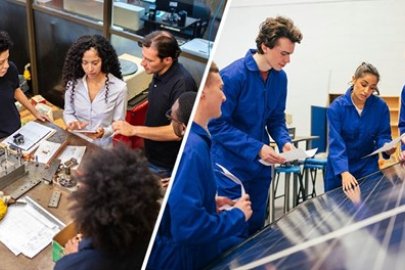 DOE announced the first winners in the first round of the American-Made Upskill Prize for the Solar Manufacturing Workforce.
DOE announced the first winners in the first round of the American-Made Upskill Prize for the Solar Manufacturing Workforce. -
 The Framing the Future: Industrial Technologies Photo Contest will award $27,000 for the best photos of the innovative technologies, processes, and people that will help the United States achieve a decarbonized industrial sector.
The Framing the Future: Industrial Technologies Photo Contest will award $27,000 for the best photos of the innovative technologies, processes, and people that will help the United States achieve a decarbonized industrial sector. -
 Thirty-six student-led teams will participate in these competitions, which engage and educate students about real-world challenges facing the hydropower and marine energy sectors and career opportunities in water power.
Thirty-six student-led teams will participate in these competitions, which engage and educate students about real-world challenges facing the hydropower and marine energy sectors and career opportunities in water power. -
The University of New Hampshire won the 5th annual Marine Energy Collegiate Competition.
-
 The Departments of Energy, Interior, Commerce, and Transportation today released a report summarizing their progress toward the goals of the Floating Offshore Wind Shot™, an initiative to drive U.S. leadership in design, deployment, and manufacturing.
The Departments of Energy, Interior, Commerce, and Transportation today released a report summarizing their progress toward the goals of the Floating Offshore Wind Shot™, an initiative to drive U.S. leadership in design, deployment, and manufacturing. -
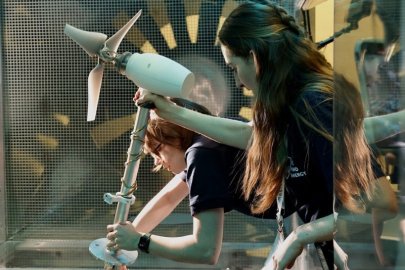 California State University Maritime Academy claimed first place out of 12 student teams in the 11th annual Collegiate Wind Competition final event in Minneapolis in May 2024.
California State University Maritime Academy claimed first place out of 12 student teams in the 11th annual Collegiate Wind Competition final event in Minneapolis in May 2024. -
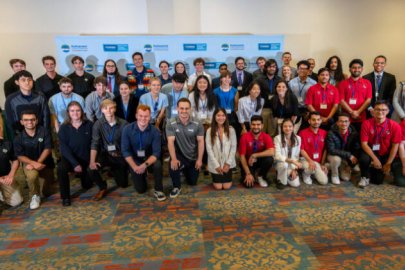 Northern Arizona University was the overall winner of the 2024 Hydropower Collegiate Competition.
Northern Arizona University was the overall winner of the 2024 Hydropower Collegiate Competition.

